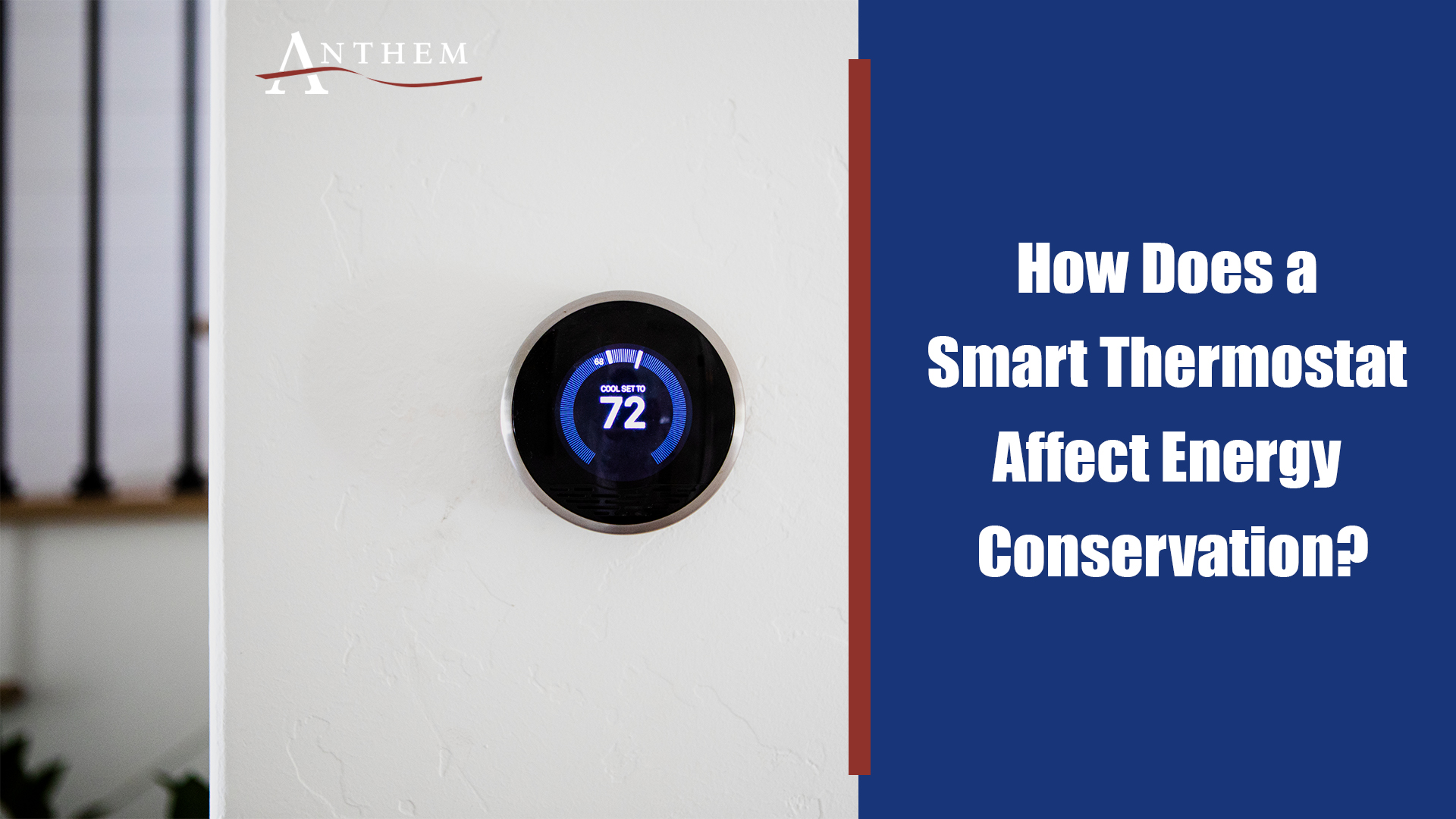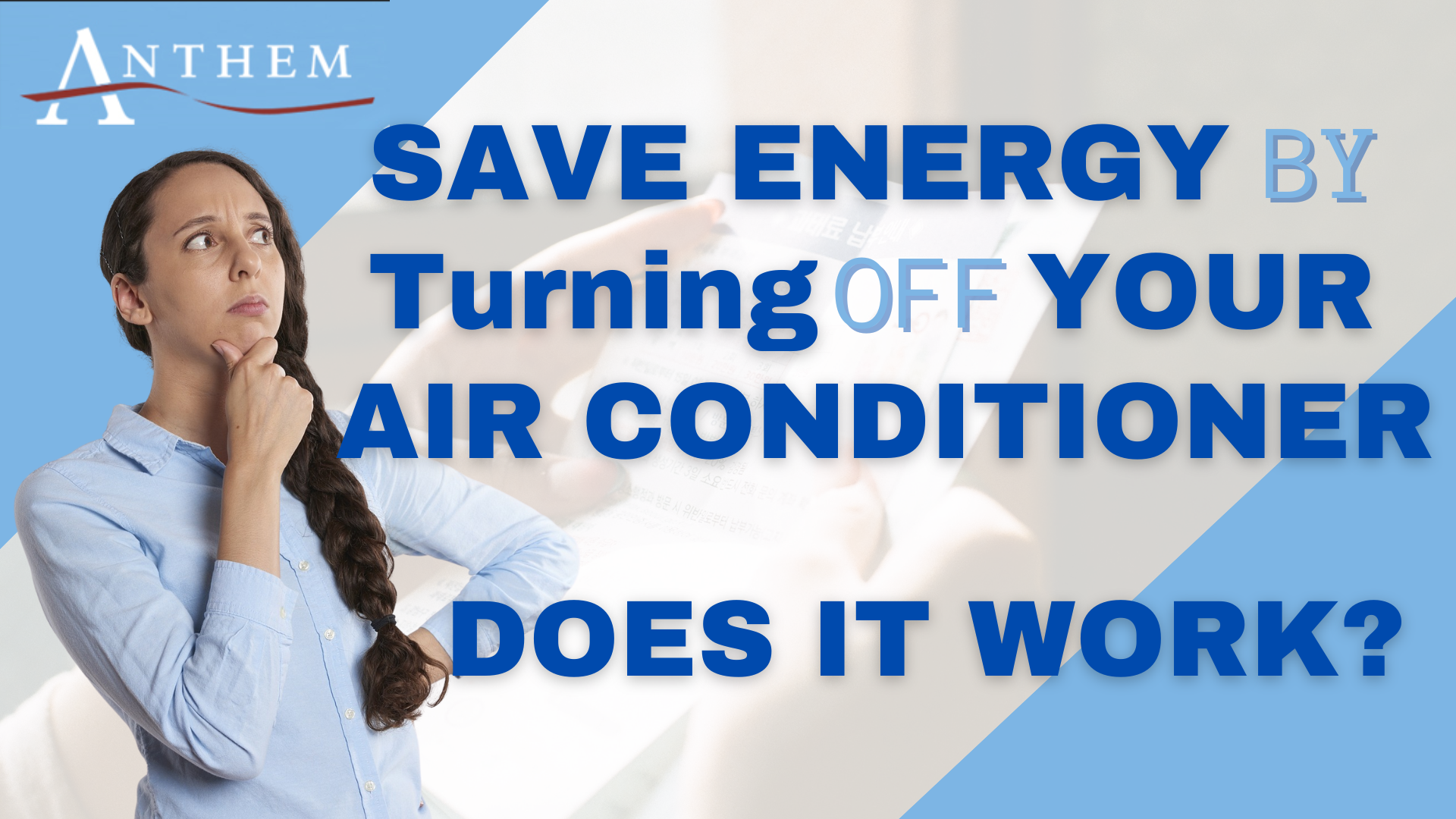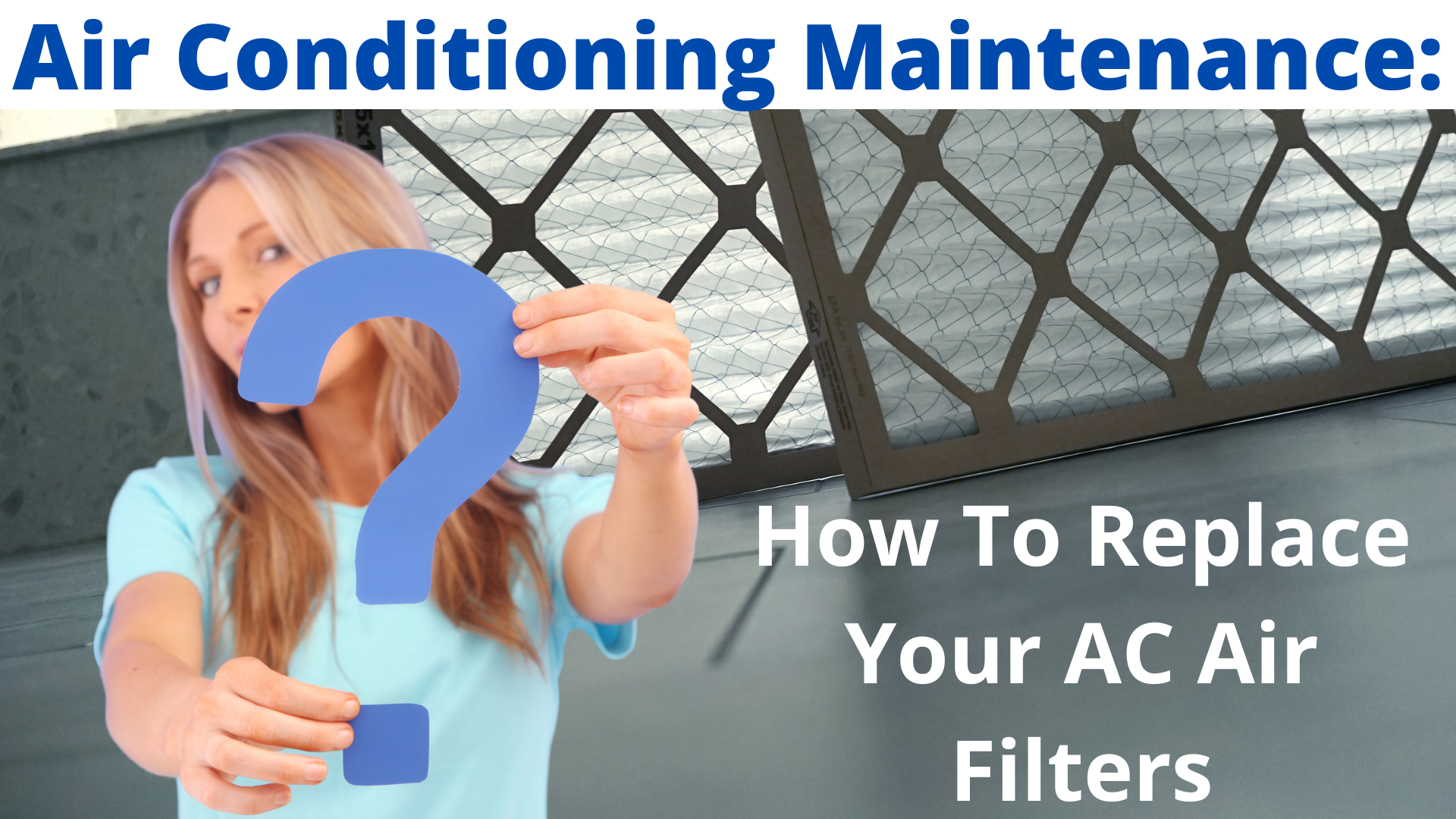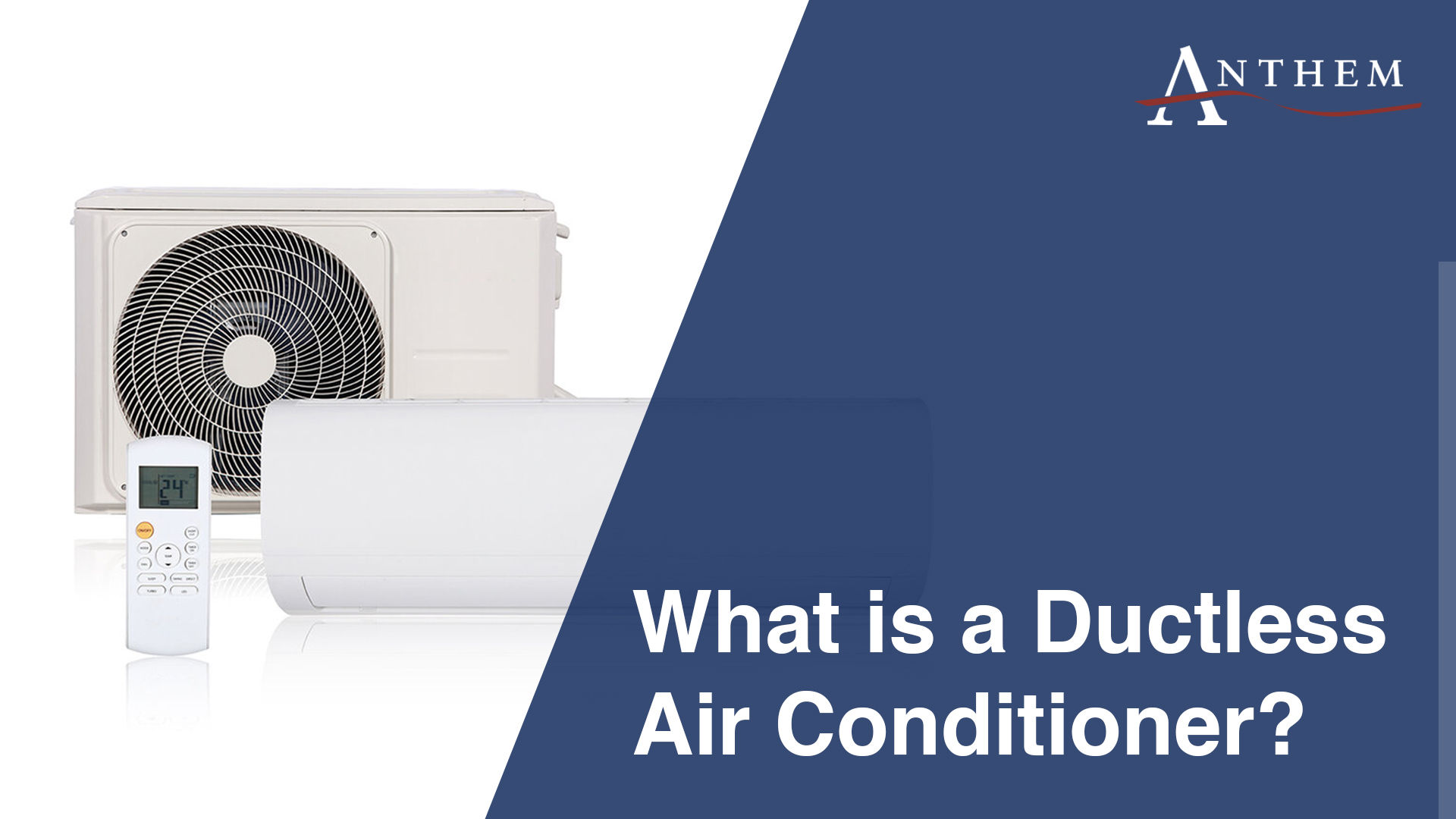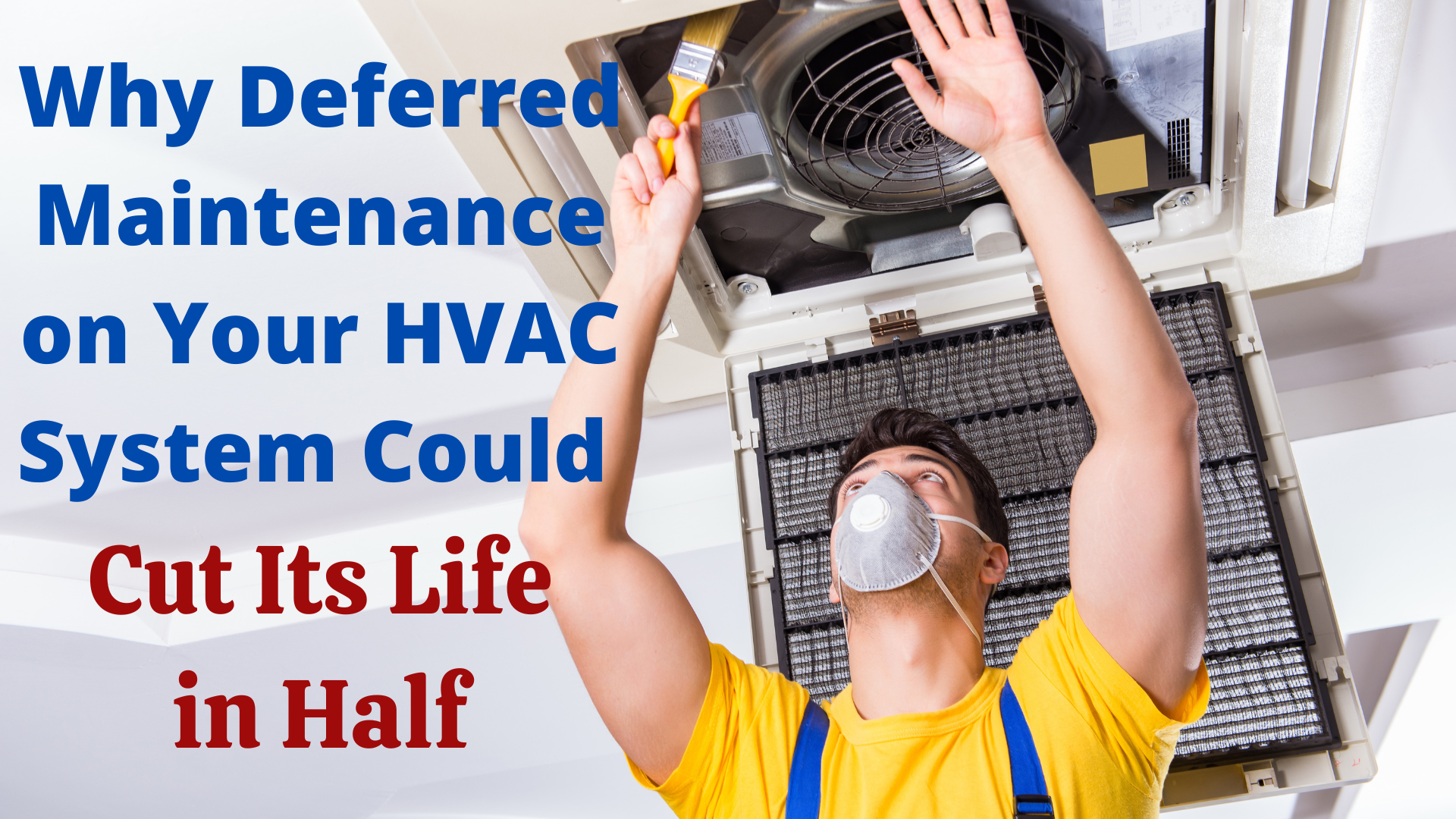If you’re thinking of installing or upgrading an HVAC system in your home, you likely have a lot of questions. What are the most common questions potential customers ask about HVAC? This blog answers that question and provides some tips on what to look for when shopping for an HVAC system. Keep reading to learn more!

1. What Is an HVAC System?
Central air systems are the most common type of HVAC system. They consist of an air conditioner, a furnace, and ductwork that distributes the conditioned air throughout the home. Central air systems are typically more expensive to install than other systems, but they are also more efficient and provide better indoor air quality.
Mini-split systems are another type of HVAC system. They consist of an outdoor unit that contains the compressor and condenser and one or more indoor units that contain the evaporator coils. They offer a number of advantages, including improved energy efficiency and easier installation.
Window air conditioners are the least expensive type of HVAC system, but they are also the least efficient. Window air conditioners cool a single room or area and do not provide any heating.
2. What Affects the Cost of an HVAC System?
The Size of the Home
One of the primary factors that affect the cost of an HVAC system is the size of the home. A larger home requires a more powerful and expensive system to heat and cool it properly. Conversely, a smaller home will not need as large or powerful of a system and will therefore be less expensive.
The Climate
The climate in which the home is located also affects the cost of an HVAC system. A home in a cold climate requires a more powerful heating system, while a home in a hot climate requires a more powerful cooling system. Additionally, homes located in areas with high humidity levels may require additional dehumidification capabilities, which also add to the cost.
The Efficiency of the System
The efficiency of the HVAC system is another important factor that affects its cost. More efficient systems typically use less energy and therefore cost less to operate. However, these systems often have a higher initial purchase price than less efficient models. As such, it is important to consider both the initial purchase price and long-term operating costs when selecting an HVAC system for your home.
3. What Are the Benefits of an HVAC System?
Improved Air Quality
One of the primary benefits of an HVAC system is that it improves the quality of the air in your home. An HVAC system circulates and filters the air in your home, removing pollen, dust, and other airborne particles that can trigger allergies or respiratory problems. Additionally, an HVAC system helps to remove excess humidity from the air, which reduces the risk of mold and mildew growth.
Enhanced Comfort
Another benefit of an HVAC system is that it helps keep your home more comfortable year-round. In the winter, an HVAC system circulates warm air throughout your home, while in the summer, it circulates cool air. This helps to take the edge off extreme temperatures and make your home more comfortable. Additionally, an HVAC system helps reduce drafts and cold spots in your home.

4. What to Look for When Choosing an HVAC System
Efficiency
When choosing an HVAC system, one of the most important factors to consider is efficiency. The efficiency of an HVAC system is measured by its Seasonal Energy Efficiency Ratio (SEER). The SEER rating is the ratio of the cooling output of the system divided by the energy input of the system. The higher the SEER rating, the more efficient the system is.
Size
Another important factor is size. The size of the unit should be based on the square footage of the home as well as the climate. It is important to choose a unit that is not too small or too large for the home.
Features
It is also important to consider the features that are available. Some features that may be important include programmable thermostats, air filtration systems, and energy-saving modes.
5. How Often Should I Have My HVAC System Serviced?
It’s generally recommended that you have your HVAC system serviced once a year. This helps ensure that your system is running efficiently and helps prevent costly repairs down the road.
6. What Are Some Common Problems with HVAC Systems?
Some common problems with HVAC systems include poor air circulation, inadequate heating or cooling, and high energy bills. If you’re experiencing any of these problems, it’s important to have your HVAC system checked by a professional.
7. Can I Install an HVAC System Myself?
Installing an HVAC system is a complex task that should only be attempted by trained professionals. HVAC systems must be properly sized and installed in order to work correctly.
8. How Long Does an HVAC System Last?
HVAC systems typically last between 10 and 15 years. However, proper maintenance helps extend the life of your system.

9. What Are Some Maintenance Tips?
Check your air filter monthly and replace it as needed. A dirty air filter restricts airflow and causes your HVAC system to work harder than it needs to.
Have your system serviced annually by a qualified technician. This ensures that your system is operating efficiently and catches any potential problems before they become major repairs.
Keep your home well-insulated and draft-free. Good insulation and sealing keep the cool air in during the summer and the warm air in during the winter, which saves money on your energy bills.
10. Where Can I Find an HVAC Contractor?
If you’re looking for an HVAC contractor, your best bet is to ask friends or family for recommendations. You can also search online or check the yellow pages. Once you’ve found a few contractors, be sure to compare prices and services before making a final decision.
An HVAC system is a big investment, but it can offer a number of benefits to your home. By asking the right questions, you can be sure to choose the best HVAC system for your needs.
Conclusion
Now that you know the top questions people ask HVAC companies, let Anthem Heating & Air Conditioning help you answer all your HVAC questions. We are ready to help you with everything from residential to commercial needs. Give us a call today or visit our website for more information!



